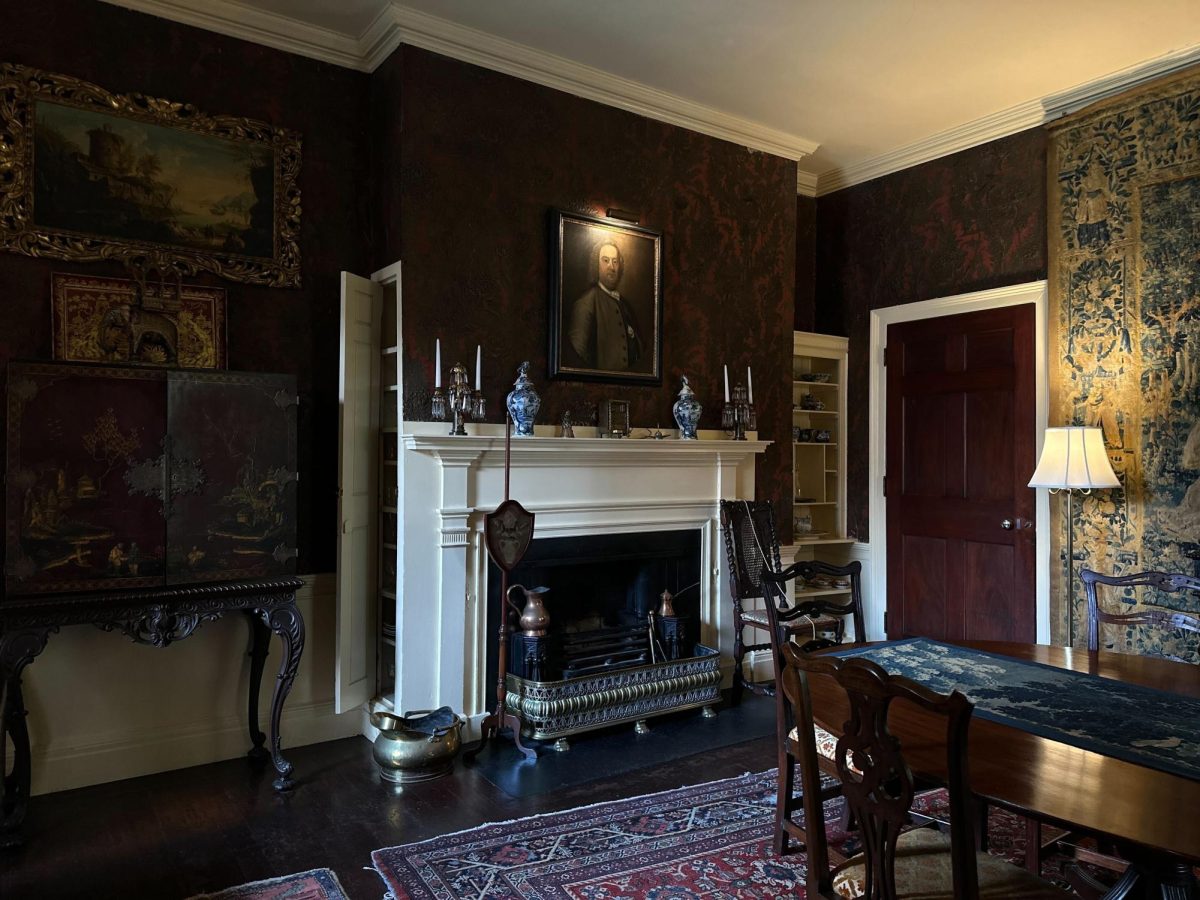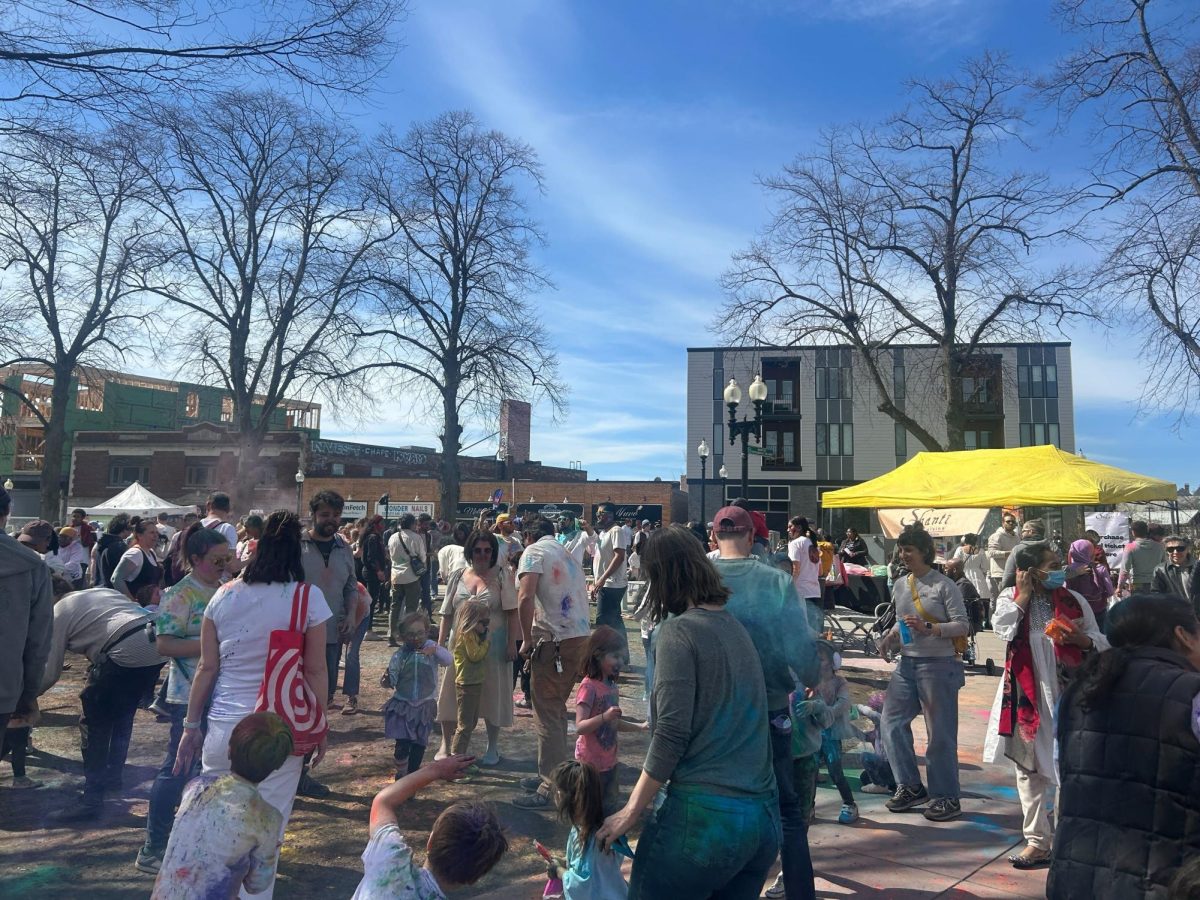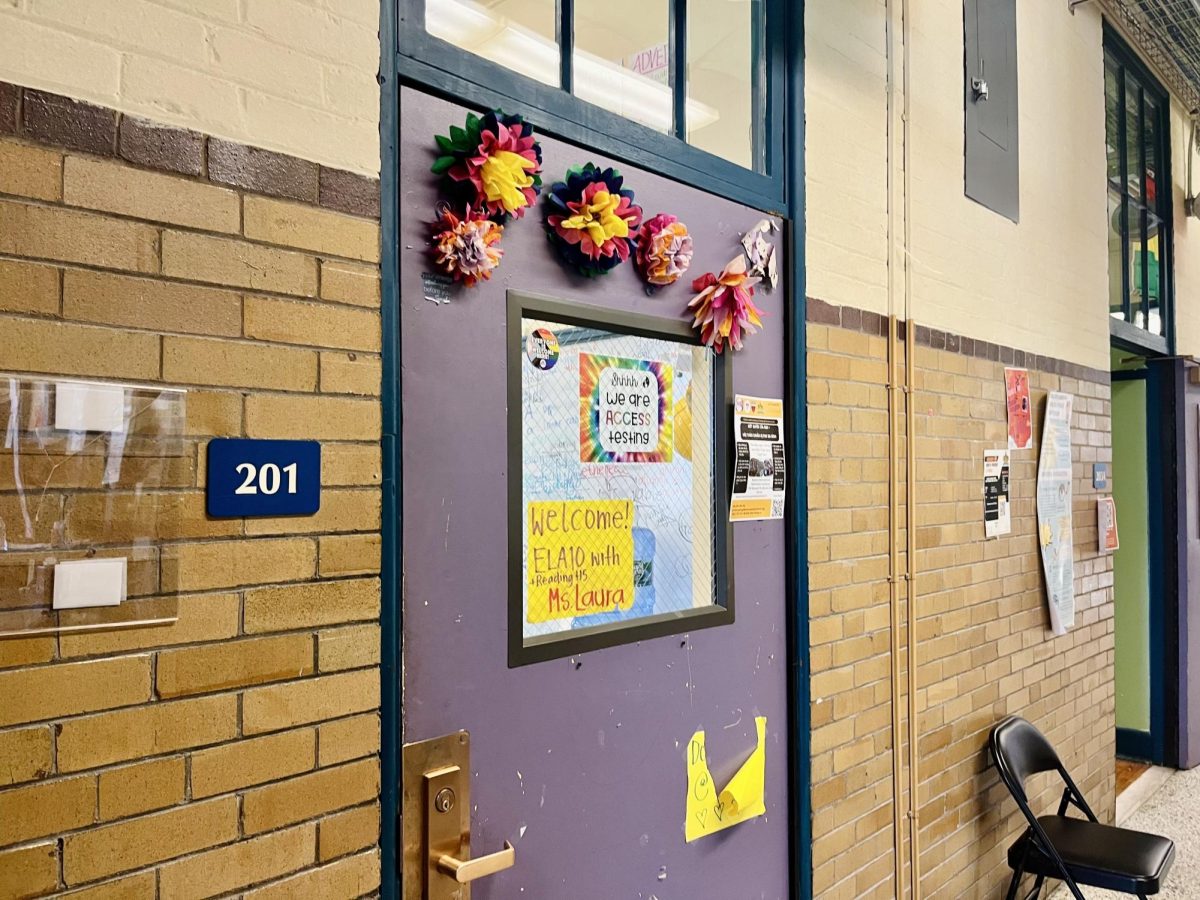As one of the most historic cities in the United States, Boston has no shortage of attractions that show off how the city has shaped the country’s growth since its birth. Locals and tourists alike may not, however, know of Nichols House Museum, a small museum that aims to educate visitors about 18th and 19th century Boston through the lens of a single family.
Tucked away behind the Massachusetts State House, the museum is a historic home that highlights the sociocultural and political issues that concerned the Nichols family, such as the women’s suffrage movement and women’s involvement in politics, through preserved artifacts at their Beacon Hill home.
By taking a tour at the Nichols House Museum, visitors can learn more about Elizabeth and Dr. Arthur Nichols, as well as their three daughters Rose, Marian and Margaret. The Nichols daughters were notable for their engagement in politics, civil service and higher education at a time when women were not widely encouraged to attend university or run for office.
“It was Rose’s decision that this house be left as a museum,” said Camille Arbogast, public engagement manager at the museum. “She wanted, I think, to provide an opportunity for people to be able to come into a Beacon Hill house.”
Apart from being a historic home, Arbogast said the Nichols House stands out from other Boston-area museums by capturing an underrepresented time period in Boston’s history.
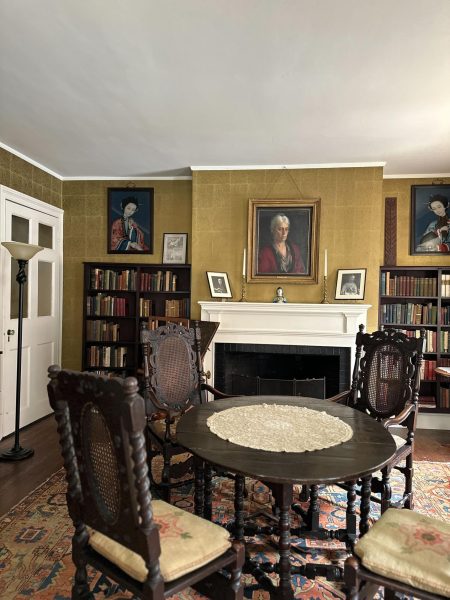
“It’s my experience that often the history of Beacon Hill, there’s not much of it told about what happens after the Civil War. … Our focus here is really on the late 19th century and early 20th century,” Arbogast said. “We have such a profound focus on women’s history here. … I think that’s a slightly different angle than many of the other historic sites in Boston.”
Nichols House is open only through guided tours and museum-sponsored programs — an uncommon choice considering the many museums in Boston that offer general admission. However, the museum says it has good reason for its admission policy.
“It is because we don’t have any labels on anything. We don’t have those signs, so that’s kind of what the visitor service representatives here are providing. … [They are] walking around and giving you that context that museum labels would give you in an art museum,” Arbogast said. “And the wonderful thing about walking around with a visitor service representative is that they really can tailor the tour to your interests.”
Nichols House has also become a point of attraction for many historic home bloggers, who appreciate the site’s distinct presence in Boston’s museum scene. Lindsay Heller is one such creator who has amassed over 93,000 Instagram followers for her content on historic houses across the United States.
“Obviously I am a house enthusiast, but the Nichols House was particularly interesting to me because it covers an interesting part of Boston history,” Heller said in a statement via email. “I’m fascinated by the creation of Beacon Hill by essentially lopping off the top of a larger hill and the sort of life that was created there.”
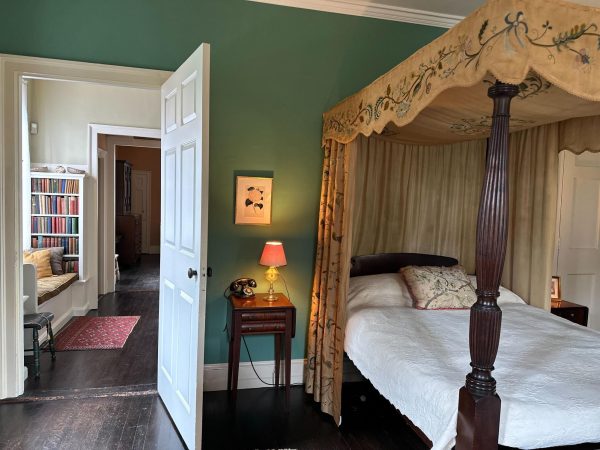
Through future initiatives, Nichols House Museum hopes to expand its research on the historic home beyond the experiences of the Nichols family to spotlight the stories of the working-class people who were employed by the Nichols.
“Breaking down that Boston stereotype, part of being a city means that Boston has always been multicultural, multi-ethnic, as well as representing multiple economic classes. … You’re going to have people who are working to support that wealth structure and who are difficult to find sometimes in a traditional historic record. … But that makes looking for their stories and recognizing their stories much more important,” said Rosalie Wilbur, the museum’s development and administration coordinator.
Wilbur acknowledged that Beacon Hill may have been historically white and wealthy but emphasized that the residents of the neighborhood and Boston as a whole have always been diverse in race, ethnicity, culture and socioeconomic class.
“If you’re not talking about everyone who was present in a place, then you’re not talking about history, you’re talking about a made up story,” Wilbur said.
Nichols House Museum is open 10 a.m. through 1 p.m. Tuesday through Sunday. Visit nicholshousemuseum.org for more information.



